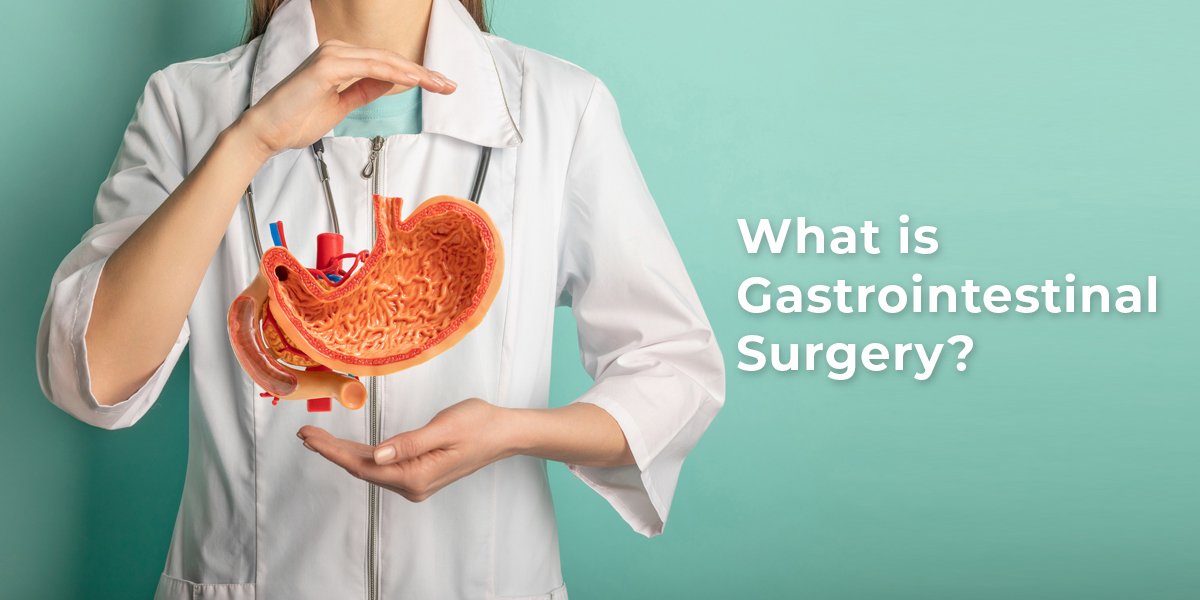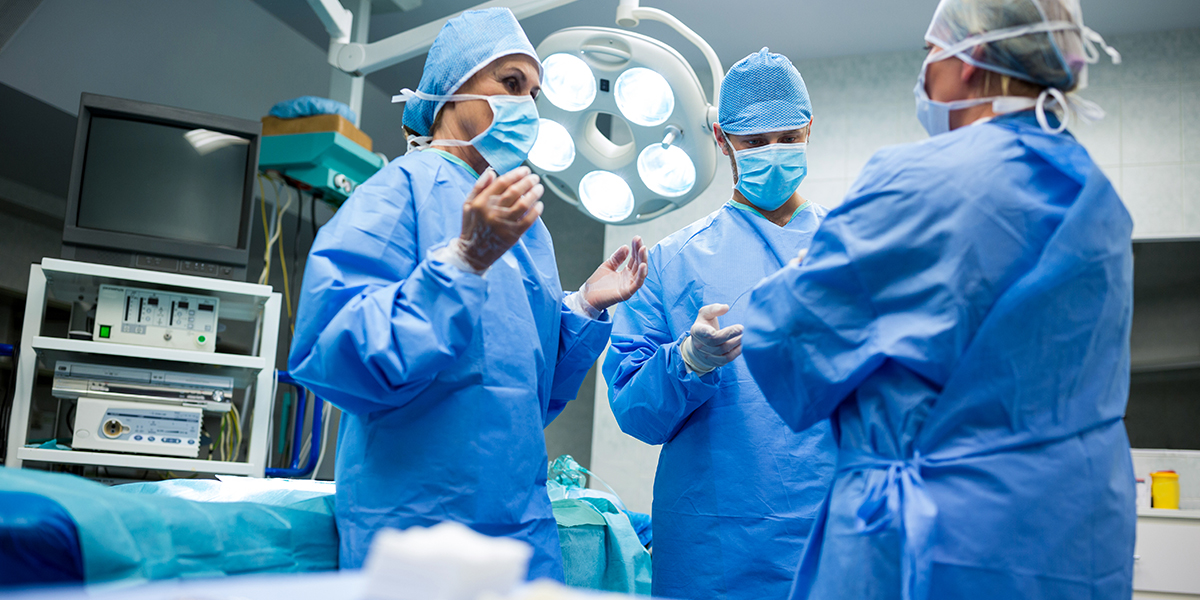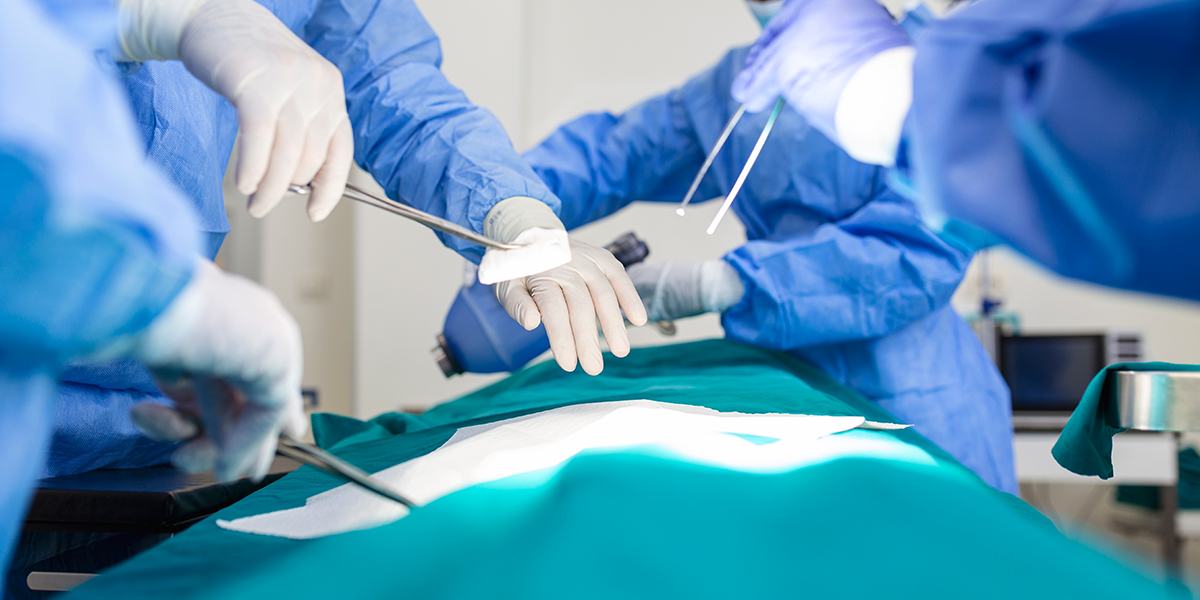
Gastrointestinal surgical operation is a remedy for the parts of the body involved in digestion. The gastrointestinal organs are esophagus, stomach, small intestine, huge intestine, and rectum. The organs like the liver, gallbladder, and pancreas are also parts of the gastrointestinal.
Surgery is done to remove a cancerous or noncancerous growth or damaged part of the body, such as the intestine. The surgery is also used to repair a problem like a hernia. Minor surgical approaches are used to display screen and diagnose issues in the digestive system.
Below are gastrointestinal situations that are treated with surgical operation:
- Appendicitis. When the appendix turns inflamed and infected, it can be removed through surgery(appendectomy).
- Colon cancers and different gastrointestinal cancers. Surgery is done to remove cancerous tumours inside the digestive system and other parts of the digestive system which have most cancers. For example, a general surgeon is capable of removing a tumour in as well as the part pancreas, liver, or intestine with most cancers.
- Diverticular disease. A diverticulum is a small pouch or pocket inside the colon (large intestine). Researchers are not sure about the cause of this disease’s development in the digestive system. Sometimes they are infected and cause aches (diverticulitis). This is regularly treated without surgical operation. If a person has a lot of diverticula that end up infected, the doctors also recommend for bowel resection surgical operation to remove the part of the intestine.
- Gallbladder disease. The common problem in the gall bladder is gallstone that is removed through surgery. Surgery to remove gallbladder stone is known as cholecystectomy
- Gastroesophageal reflux disease (GERD) and hiatal hernias. GERD or acid reflux disease disorder is when acid from the stomach backs up into the esophagus (food pipe) and causes heartburn. Sometimes it occurs because of the hiatal hernia. This is while the stomach pushes through the diaphragm, a muscle that separates the chest from the abdomen. A doctor can do a surgical operation referred to as fundoplication to repair it. The surgeon will fix the issue in the hernia if there may be one after which wrapping the top of the stomach around the lower part esophagus to strengthen the sphincter, which maintains to keep acid out.
- Hernia. A hernia occurs when a part of the body (such as the intestine) passes through a hole or weak point in the muscle or connective tissue wall that is designed to protect it (like the abdomen). It does not pass through the skin, but a bulge under the skin that is not intended to be there may be felt. It can also be extremely uncomfortable. Gastrointestinal surgeons can close the hole or strengthen the weak region.
- Inflammatory bowel disease. The immune system attacks the intestines in inflammatory bowel disease, causing pain and inflammation. This can be harmful to the intestine. The injured parts are often removed and the healthy parts are repaired. This is known as bowel resection.
- Rectal prolapse. Rectal prolapse, a disease in which a part of the intestine sticks out through the anus, is managed surgically.
- Weight loss. To treat obesity, many bariatric surgical procedures (for example, gastric bypass) can be performed. This surgical treatment is typically performed with the help of a bariatric surgeon.
Endoscopy is a surgical treatment used to screen and diagnose digestive system disorders. To see within the body, the doctor inserts a long, thin tube with a small camera. If the problem is in the stomach or esophagus, the scope is sent through esophagus. The doctor inserts a scope through the anus into the intestine to look for colon cancer or other bowel disorders.
Risks involved in gastrointestinal surgery

Every surgery comes with some risks
- Infection. Infections can penetrate the body through any opening in the body. Surgeons take great care to keep everything sterile and clean during surgery, but there is always the risk of infection.
- Pain. Depending on the surgery, pain and inflammation may happen during rehabilitation.
- Bleeding and blood clots. Sometimes surgical wounds continue to bleed, causing recovery to take longer. Sometimes the bodies produce a blood clot where the operation was done, and the clot stops a vital blood artery that connects the lungs, heart, or brain.
- Damage to another body part. During surgery, a healthy body part may be accidentally damaged.
- Reaction to anaesthesia. Some people are sensitive to anaesthesia and may experience nausea and vomiting.
- What are the benefits?
- Surgery to remove a tumour or damaged body part or to repair the damage is lifesaving. Surgery can also improve the quality of life for someone who has not benefited from other treatments, like medicine or diet changes.
- Colonoscopy is a minor surgical procedure with big benefits: It is able to detect colon cancer earlier enough to cure it. It is essential to undergo the proper colon cancer screening.
How to prepare for GI surgery?
Preparation for surgery depends on the type of surgery you have.
Follow Instructions
The doctor will instruct you on how to prepare for surgery. Most likely, you will be instructed not to eat or drink anything before the procedure. Before surgery, your doctor also advises you to avoid taking certain medications or supplements. Follow all of the instructions you get in preparing for surgery.
Make a Plan for the Day of Surgery and After
Have a plan for who will take you to the surgery and who will take you home, even for minor surgery.
Also, plan who will help you in the days following surgery. The week after you return is the most sensitive time post-surgery. If everything goes well, you’ll be on your way to a quick recovery. If not, you may need to return to the hospital.
How is it done?

The majority of surgeries are executed by cutting into the body with a scalpel (a tiny knife) and other equipment. To remove growths in the colon, for example, some surgery is performed using a scope, which is a narrow tube with a camera and small surgery equipment. Cutting into the body can is either open surgery or minimally invasive surgery.
Minimally invasive surgery, or laparoscopic surgery: The surgeon makes a few small incisions (cuts) and uses a camera to see through. The camera is placed in one incision, while surgical instruments are placed in others. Smaller cuts heal quicker than major ones from open surgery.
Anaesthesia During surgery, anaesthesia is used to reduce any painful sensations. Local or regional anaesthesia numbs only a specific area of the body, whereas general anaesthesia puts the patient to sleep. The type of anaesthetic used depends on the procedure.
When will I know the results?
The doctor will contact you to discuss how the procedure went and what you should do next. The timing of follow-up depends on the type of surgery.
What are the follow-up requirements and options?
Our doctor will talk with you about any follow-up treatment or care, and make a treatment plan for you.
What should I expect during recovery?
The time of recovery is depending on the surgery type and how invasive. You can resume back to your normal activities quickly after a simple surgery, like a colonoscopy. With more invasive surgeries, you may require additional time to recover and support in treating pain. Be sure to ask your doctor about what to expect during recovery from your surgery.
GastrointestinalSurgery Dr. Mehta’s Hospitals
At Dr. Mehta’s Hospitals, we provide expert diagnosis and treatment for the full spectrum of concerns affecting the digestive tract. Our team of experienced GI surgeons excels at complicated surgeries, such as liver, pancreas and hernia surgeries. With uncommon expertise and advanced techniques like robotic surgery, we deliver the best possible results so you can enjoy life on your terms.
